The market is constantly filled with numerous investors engaging in transactions. However, some market analysts claim that over 90% of these transactions are meaningless. What exactly are these meaningless transactions? Today, the editor will take you through an understanding of them.
What is a "meaningful trade"?
Before analyzing meaningless trades, let's first discuss which trades are meaningful. In fact, a meaningful trade must include the following points: First, it is essential to clearly understand the reasons for opening and closing a position. Therefore, before trading, traders must be very familiar with this signal, rather than just trying it out after hearing a few words from others. Have traders done a lot of review and simulation? Is the opening standardized judgment signal? Is the profit due to luck? Is the loss a probability issue or due to the lack of standardized judgment signals? When these questions can be answered, this trade can be considered meaningful.
What is a "meaningless trade"?
Now let's take a look at the common trades in the market and see which ones are meaningless.
Without basis: Random orders
Firstly, the most common for beginners is to place orders without any basis. Seeing that the signal seems to meet the standard said by the teacher, they easily enter the market for trading. Feeling that the exchange rate is too high, they randomly short the currency, and feeling that the market seems to be in line, they continue to chase high. These trades are not only meaningless but also very dangerous! In short, it is a blind guess. If guessed correctly, they are complacent, and if guessed wrong, they increase the position to add more, even if they make a profit in a short time, it is also due to good luck. Long-term random guessing in the market will inevitably lead to losses.
Without review: Speculative signals
Another common meaningless trade is often after listening to a class or reading an article, they start to get excited and try various techniques in the market. It is not that these techniques are not good, but many traders are often unwilling to calm down and review the market. Seeing others make a profit, they rush to follow, and start desperately looking for signals on the chart. Usually, the result of such trades is that they only learn the superficial aspects of the technique, and the trade is not confident, or even have no confidence in the signals at all. Of course, such trades do not have much meaning, and it is already good if they do not lose money.No Standards: Trading on a Whim
Many traders, having just learned a new technique, are eager to seek opportunities in the market. When they see similar signals, they want to act immediately, without considering the formation and location of the signal, nor the overall trend of the market. They trade entirely based on their feelings. Although such trading seems to have a basis, it is actually just another way of guessing blindly. When judging whether a signal is qualified, we must be very clear about when we can trade and when we cannot, and we need to be able to clearly distinguish the details of the signal. A half-baked trade may seem impressive at first glance, but in reality, it has little significance.
Only Caring About Winning and Losing: Ignoring Right and Wrong
Another major flaw among many traders is that they often only care about the profits and losses of the trade, without considering whether the trade fully complies with the standards. It is important to know that even the most standard signals have the possibility of losses. Many times, a bad trade can also be profitable. Many traders, even if they make a bad trade, may consider themselves skilled because they made a profit due to good luck at the moment, which is very dangerous. When trading, we should not take short-term gains or losses as the only basis for judgment. What we really need to focus on is whether these trades have a system and standards, and whether this trade has done a good job of risk control and executed the trade according to the system. Otherwise, even if we make continuous profits, it is meaningless.
If your trading meets any of the points mentioned above, please re-examine your trading. After all, only by ensuring that you understand the meaning of each trade can you learn in the trade and correct in the right direction, ultimately achieving the goal of long-term profit.
Related Articles

The "inner world" determines your trading achievements
For traders, the world can be divided into two: one is the objectively existing external world, which is the market envi...

10 Gangs That Rule the Global Underworld—Governments Dare Not Touch Them!

My Girlfriend And My Dog Were In The Same Room - What Happened Still Haunts Me To This Day-8
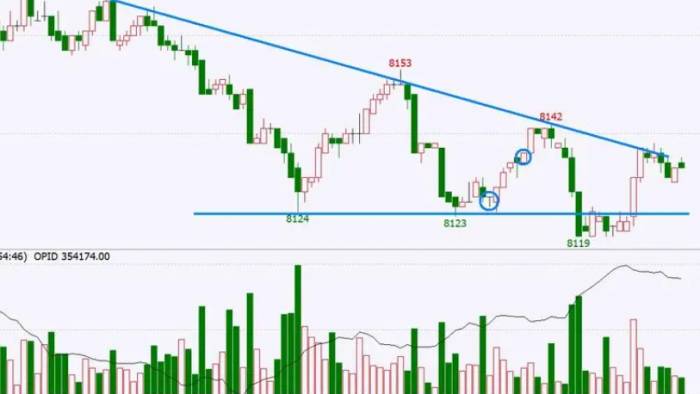
Do these to become a "jungle hunter" in the trading market!
The "Adaptive Markets Hypothesis" posits that markets function much like an ecosystem, evolving gradually in a manner ak...

What’s the Shortest Height a Human Can Be? This Top 10 Has the Jaw-Dropping Answer

Great speculator Jesse's 7 investment principles, revealing the truth behind his
Both his followers and fiercest rivals have to admit that as the biggest myth on Wall Street in the 20th century, Jesse ...

My Girlfriend And My Dog Were In The Same Room - What Happened Still Haunts Me To This Day-4

The process of establishing my trading system and the "pit" I stepped on!
Today, I write this article to summarize the past decade of trading. In my view, trading is divided into three stages. P...

In-depth topic: What is the "capital preservation" in investment, and what kind
It's time for the weekly article again. I have been writing articles for 9 years, and if you count the previous company,...

Dialogue with experts; how to get through the trading bottleneck?
Graduated from Shandong University with a major in Computer Science, 6 years of full-time trading, 8 years of part-time ...
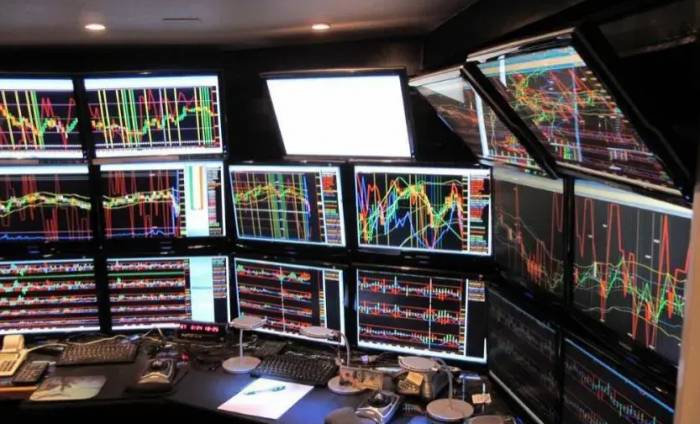
A few points to teach you how to choose the most suitable trading platform
The first step in entering the money market for investment is to choose a good trading platform. However, selecting the ...

3 trading principles, trading genius Michael Marcus made a profit of more than 2
Almost all investors have experienced the pain of failure. Today, we introduce this trading master who has suffered cont...

My Girlfriend And My Dog Were In The Same Room - What Happened Still Haunts Me To This Day-7

Less trading, more earning?
Overtrading and overmanaging plague many traders, and this is even the main reason for the failure of some traders. Desp...
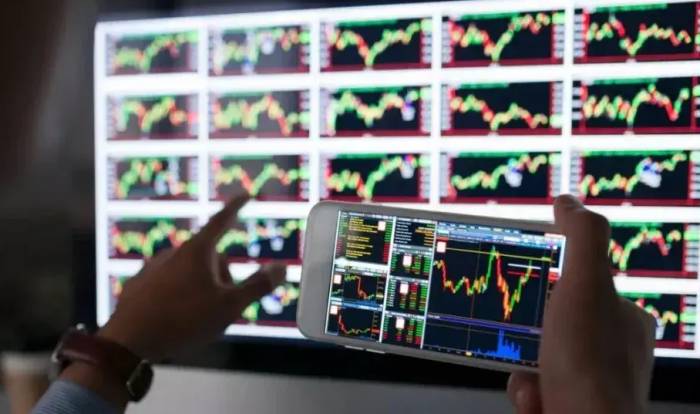
In the financial market, more than 90% of traders are making meaningless trades!
The market is constantly filled with numerous investors engaging in transactions. However, some market analysts claim th...

The summary of the actual plate of tens of millions of traders: Do these points,
Many traders may have experienced this: when investment banks or analysts recommend strategies, they will first vigorous...

The growth inspiration record from intern to senior big coffee
The protagonist we want to share today, Mr. He, is a senior trader with a 10-year trading story. Three months before gra...
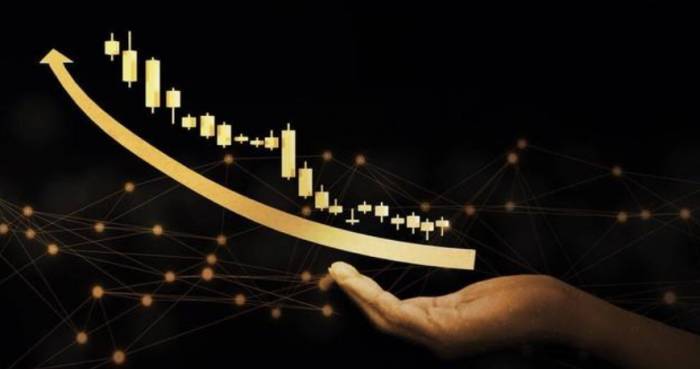
The Japanese "trading master" points out the psychological pitfalls of trading,
If the trading decisions you make involve real money, you will understand how challenging it can be. Our brains are not ...
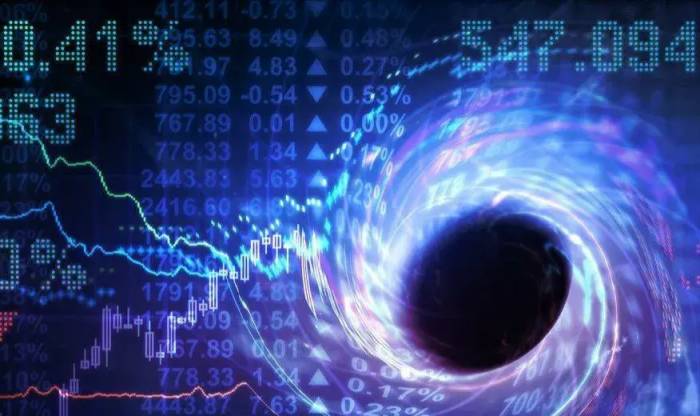
Trading cross-variety, the things you must know!
Cross-currency pairs, also known as cross rates, can be summarized in one sentence as currency pairs that do not include...

My Girlfriend And My Dog Were In The Same Room - What Happened Still Haunts Me To This Day-9

My Girlfriend And My Dog Were In The Same Room - What Happened Still Haunts Me To This Day-6

10 Shocking Historical Facts That Will Blow Your Mind—Each Darker Than the Last!

My Girlfriend And My Dog Were In The Same Room - What Happened Still Haunts Me To This Day-2

The best retail investor in Japan, from 3 million yen to 23 billion! The trading
The real trading master to be introduced today is Japan's most outstanding individual investor. He is a mysterious figur...

Pearls of wisdom! The most comprehensive compilation of the world's top traders'
In the initial years of trading, novice traders should regard themselves as apprentices, either to a mentor, a book, or ...

The World's 10 Strongest Pregnant Women (And Yes, That Includes a Man Who Got Pregnant)!
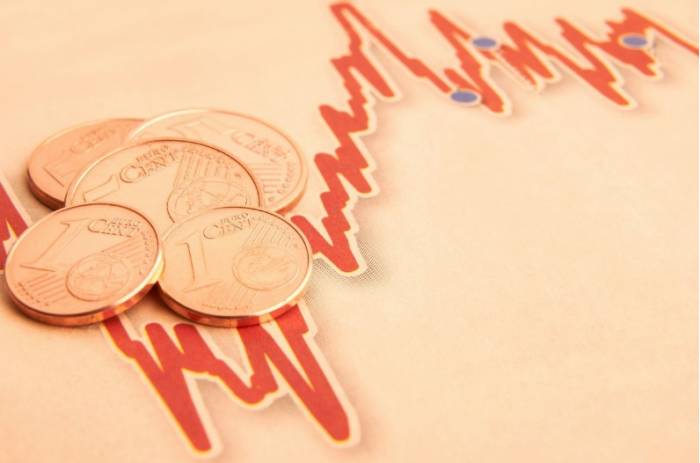
How to benefit from failed trades, this is a learning!
No one likes failure! However, traders on their trading journey are inevitably going to experience countless failures. I...

What are the risks, opportunities, and strategies of short-term trading? All in
In real-world trading, those who engage in short-term trades often make profits, yet they lose money in a way that is in...

My Girlfriend And My Dog Were In The Same Room - What Happened Still Haunts Me To This Day-12
